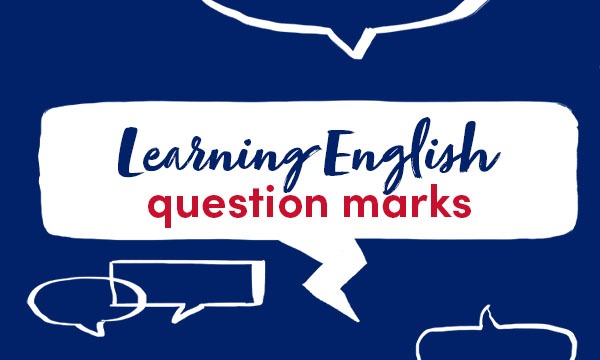
The question mark marks the end of a question.
When will we be arriving?
Does it really matter?
He’s certain to be elected, isn’t he?
Question marks are used in direct questions, i.e. when the actual words of a speaker are used. A reported question should end with a full stop.
The lady said, ‘Where are you going?’
The lady asked where she was going.
Note that you put a question mark at the end of a question, even if the words in the sentence are not in the normal question order, or some words are omitted. Be careful because this kind of sentence can look, at first sight, like a statement rather than a question.
You know he doesn’t live here any longer?
A full stop, rather than a question mark, is used after an indirect question.
I’d like to know what you’ve been doing all this time.
I wonder what’s happened.
A full stop also replaces a question mark at the end of a sentence which looks like a question if, in fact, it is really a polite request.
Will you please return the completed forms to me.
Would you please call my brother and ask him to collect my car.
For further information on English Grammar, visit: https://grammar.collinsdictionary.com/easy-learning
Come back for other blogs on using English in everyday situations:
https://blog.collinsdictionary.com/language-learners/learning-english
All opinions expressed on this blog are those of the individual writers, and do not necessarily reflect the opinions or policies of Collins, or its parent company, HarperCollins.



